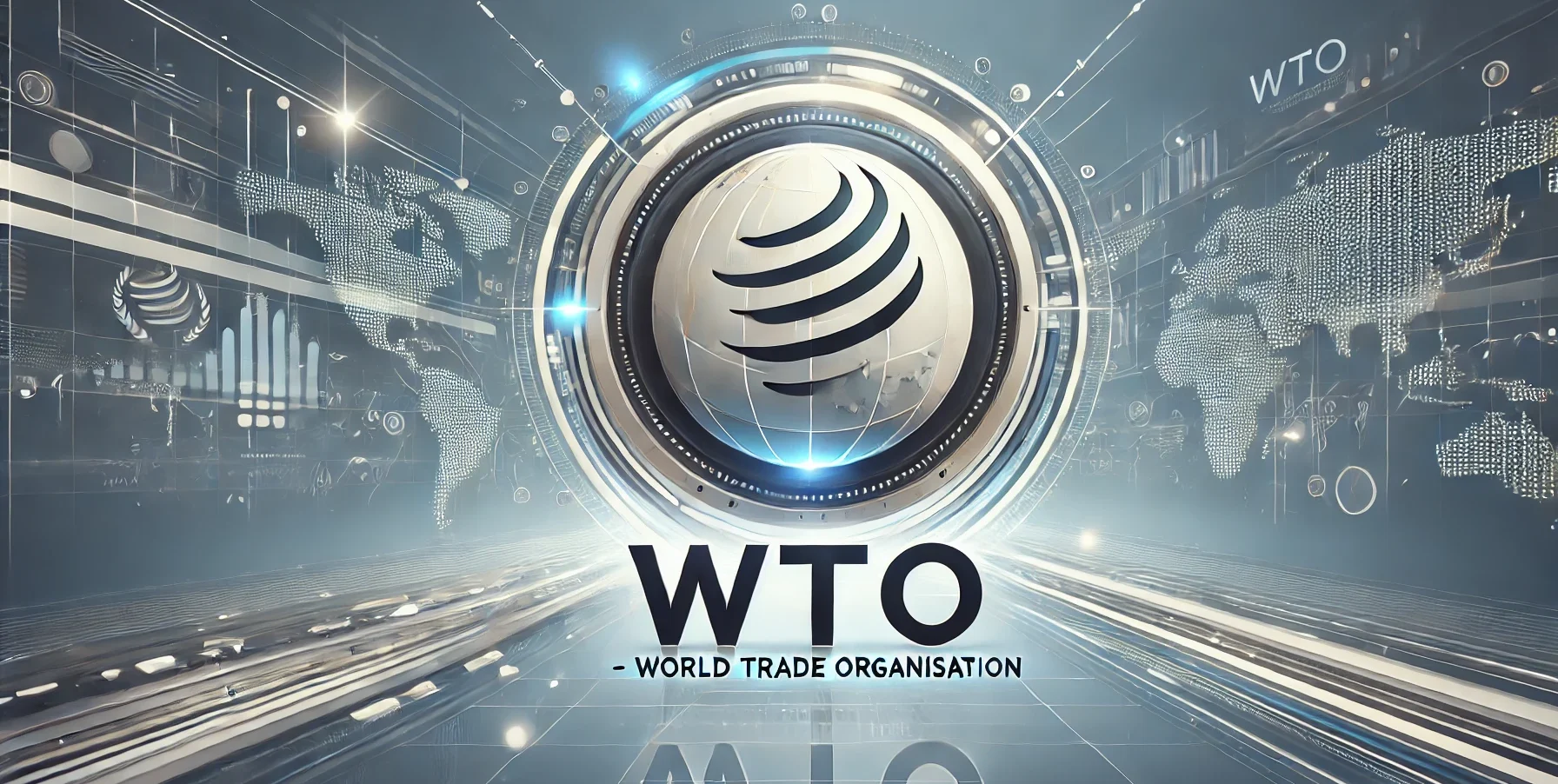What the WTO’s New Rules Mean for Exporters

Adapting Your Global Sourcing and Export Strategy in 2025
In a world where supply chains span continents, the World Trade Organization (WTO) plays a crucial role in defining the rules of the global trade game. As we move deeper into 2025, the WTO has introduced a new series of rules designed to address digital trade, sustainability, dispute resolution, and equitable market access.
For exporters and sourcing professionals, these changes aren’t just political headlines—they directly impact how goods are produced, priced, certified, and shipped internationally. In this article, we’ll break down what the WTO’s new trade rules mean for exporters and how to prepare your sourcing and logistics strategies accordingly.
Why the WTO’s New Rules Matter
The WTO’s primary mission is to ensure fair, predictable, and transparent international trade. However, the organization has faced criticism in recent years for being outdated in the face of e-commerce growth, geopolitical tensions, and sustainability mandates.
To stay relevant, the WTO updated its regulatory framework with a focus on:
-
Digital trade facilitation
-
Environmental compliance
-
Modernized customs procedures
-
Stricter labor and human rights clauses
-
Faster dispute resolution timelines
These shifts reflect new trade realities—and for exporters, non-compliance could mean costly delays or penalties.
🔗 Related read: New WTO Rules and Their Sourcing Impact
Key WTO Changes That Affect Exporters
1. Digital Customs & Paperless Trade
One of the biggest updates is the push toward digitized customs documentation. The WTO’s Trade Facilitation Agreement (TFA) now emphasizes electronic records, automated clearance, and standardized e-invoicing.
What this means for exporters:
-
Faster customs processing
-
Less risk of lost paperwork
-
Higher expectations for sourcing agents to provide compliant digital documentation
🔗 Learn more: Blockchain in Freight Documentation: The New Norm?
2. Environmental Sustainability Rules
The WTO is now aligning with the UN Sustainable Development Goals (SDGs), placing stricter expectations on exporters to prove carbon transparency and eco-friendly practices. This includes:
-
Reduced carbon emissions in freight
-
Ethical sourcing of raw materials
-
Use of sustainable packaging
Exporters must work with suppliers and agents who understand and monitor environmental impact.
3. Labor and Ethics Compliance
Factories and exporters in Asia, Africa, and Latin America are now subject to enhanced oversight regarding labor practices. WTO member states may impose sanctions on goods linked to:
-
Child labor
-
Unsafe working conditions
-
Labor exploitation
Sourcing agents now play a bigger role in monitoring factories and ensuring ethical compliance, not just product quality.
🔗 Suggested: Ethical Sourcing: How Agents Monitor Labor Conditions
4. New Dispute Resolution Timelines
Under the revised rules, WTO dispute resolution will now operate under tighter deadlines and simplified arbitration. While this speeds up resolutions between countries, it also increases pressure on exporters to avoid trade violations.
Working with sourcing agents who ensure product certifications, HS codes, and declarations are accurate is now more important than ever.
🔗 Must read: Dispute Resolution: When Things Go Wrong with Suppliers
Sectors Most Affected by WTO Rule Updates
-
Textiles & Apparel – High scrutiny for labor practices and environmental impact.
-
Electronics – Exporters must meet new digital customs and RoHS requirements.
-
Agri-Food Products – Packaging, labeling, and cold-chain logistics are under WTO review.
-
Automotive – Heavily impacted by sustainability disclosures and tariffs.
🔗 Related: Global Stock Trends in Packaging and Labeling Firms
What Exporters Should Do Now
✅ Audit Your Compliance Standards
Work with a sourcing agent to review all factory compliance documents, quality certifications, and shipping paperwork.
✅ Upgrade to Digital Logistics
Ensure your logistics workflow is digital-ready, from commercial invoices to shipping manifests.
🔗 Helpful: The Role of Logistics Software in Global Sourcing Coordination
✅ Partner With Agents Who Understand WTO Rules
Choose local sourcing agents who:
-
Speak the language
-
Know local labor laws
-
Have direct factory relationships
-
Understand WTO customs documentation
Why a Sourcing Agent Is Your Best WTO Compliance Ally
Sourcing agents are on the frontlines of compliance. From product origin validation to digital trade declarations, agents make sure your exports won’t be delayed or rejected due to new rule violations.
BestSourcing-Agent.com offers:
-
On-ground audits
-
Eco-packaging verification
-
Ethical labor compliance
-
Digital customs documentation
-
End-to-end logistics coordination
🔗 Discover: What a One-Stop Sourcing Solution Really Means
Final Thoughts
The WTO’s updated trade rules in 2025 are a signal that global sourcing is evolving, not dissolving. Exporters who adapt by using tech-enabled, ethical, and transparent practices will have a clear competitive advantage.
Ignoring these shifts may lead to lost contracts, port delays, or even legal challenges. Partnering with a full-service agent like BestSourcing-Agent.com ensures your business stays compliant and agile in this fast-changing landscape.
Need help navigating the new WTO rules?
📩 Contact BestSourcing-Agent.com to speak with a compliance advisor today.